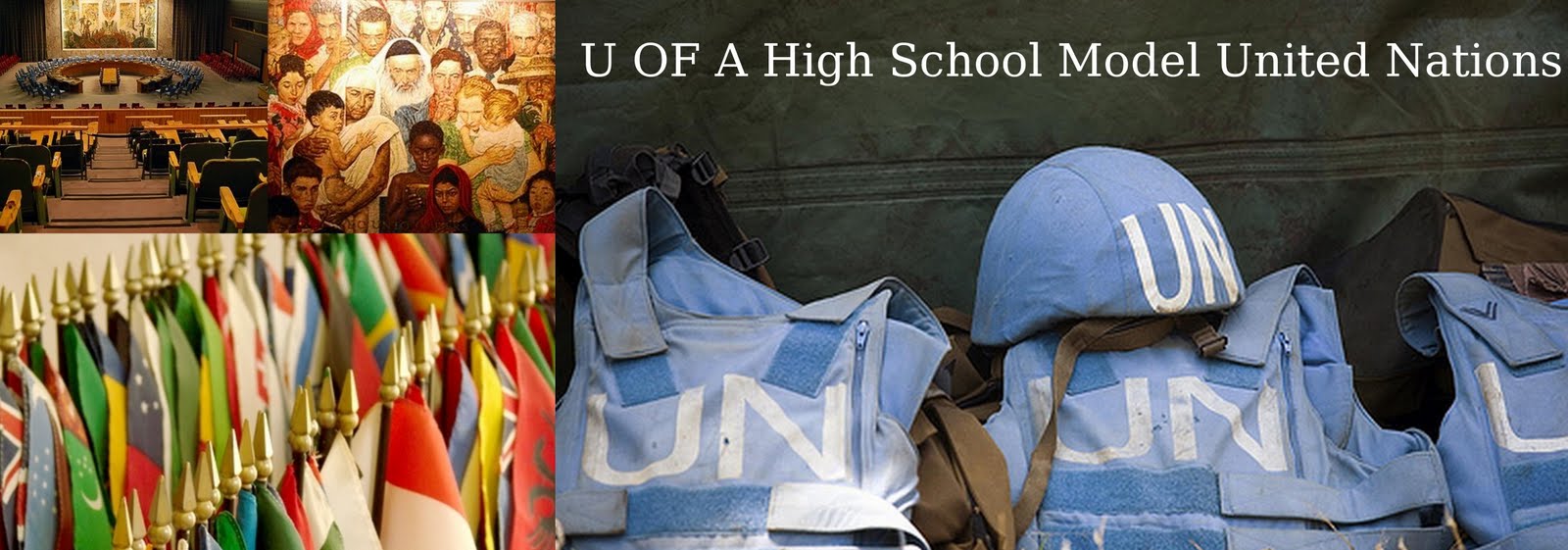Hope you had a good holiday break, and are excited to be back at school. Here's some information for delegates of the Historical Committee on what they can expect of the historical simulation:
A Guide to Historical Committee Etiquette
Quick Rules:
- No prochronism
- Be in the box until we leave the box
- You are allowed to change history, but follow a logical policy for your country
- Be prepared to re-examine your reasoning
Rule One: No Prochronism
For those unfamiliar with the term (I had to use Wikipedia, don't worry), it is similar to an anachronism, but in the opposite direction. Anachronisms are things from the past still being used in the present in a no longer appropriate context. Prochonrisms are things from the future that should not yet exist. As such, any information you have from after 1947 is inappropriate to bring into the committee. This applies both to the material you can bring in, but also applies to your outlook. Try as much as possible to remember that you do not know what will happen after Israel is created. Consequences you know would be disastrous or miraculous because of how they actually turned out in the years up to 2012 that seem impossible or unfair in 1947 are still impossible or unfair!
Rule Two: Think in the Box
Remember all your teachers who told you to think outside the box? Yeah, they're wrong. I'm telling you to think in the Box while in committee. There will be times we are “Out of Box” and “In the Box”. I will make these times explicitly clear, I might have a gong or a bell or something. Typically Out of Box times will be the first and last 15 minutes of session, and barring something happening unexpectedly, the rest will be spent In the Box. During Out of Box time you'll be free to ask about things that are happening as a student of 2012, give feedback on how the format is going, seek explanations for things you find confusing, I'll ask you how the changes you're making might affect the course of history, and whatever else we need to do. When we go In the Box, you'll be assuming the role of diplomats in 1947, and forget everything you know after that. You go in character. While this is usually the case for MUN, it requires special mention because it is a different experience going back in time. Use the correct pronouns (some country names are not the same as you're used to).
Rule Three: Paradox Free Time Travel
Do not in any way feel bound by the solutions of yesteryear. Your committee is NOT an historical enactment. It is an historical SIMULATION. Follow your country's policy in principle. If you support Israel's creation, you'll still have to work for it. If you don't, don't feel disheartened, you may yet have your day. If your country had a specific policy in mind, propose it, but don't expect it to be shot down if it was in 1948, or be accepted if it is the borders as they stood after the segregation of Palestine. You are in control of the future. Use your powers wisely!
Rule Four: Be Prepared to Re-Examine Your Reasoning
I generally consider this good policy. It is especially important for how you decide to treat this committee. History might change drastically in this committee. Be prepared to think about the world differently.
I'll be posting a more in-depth guide to the procedural changes we'll be making to the committee, if any, when I consult with the people actually running it.
Cheers,
Robert
Chair




No comments:
Post a Comment